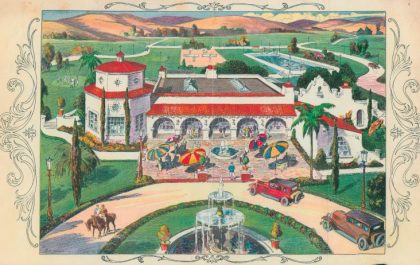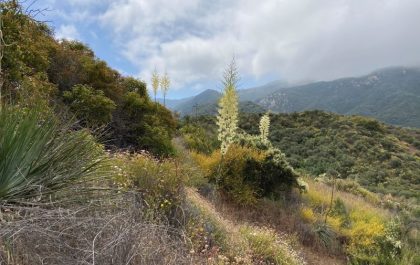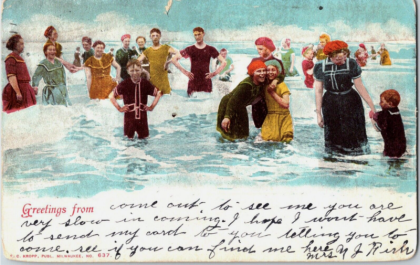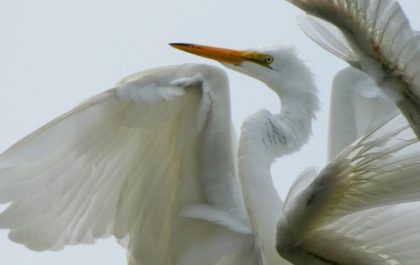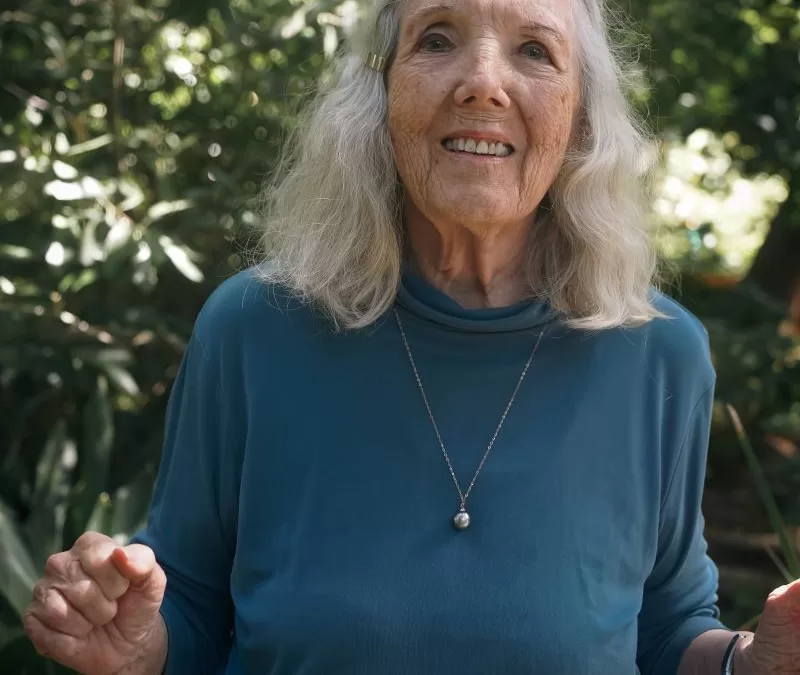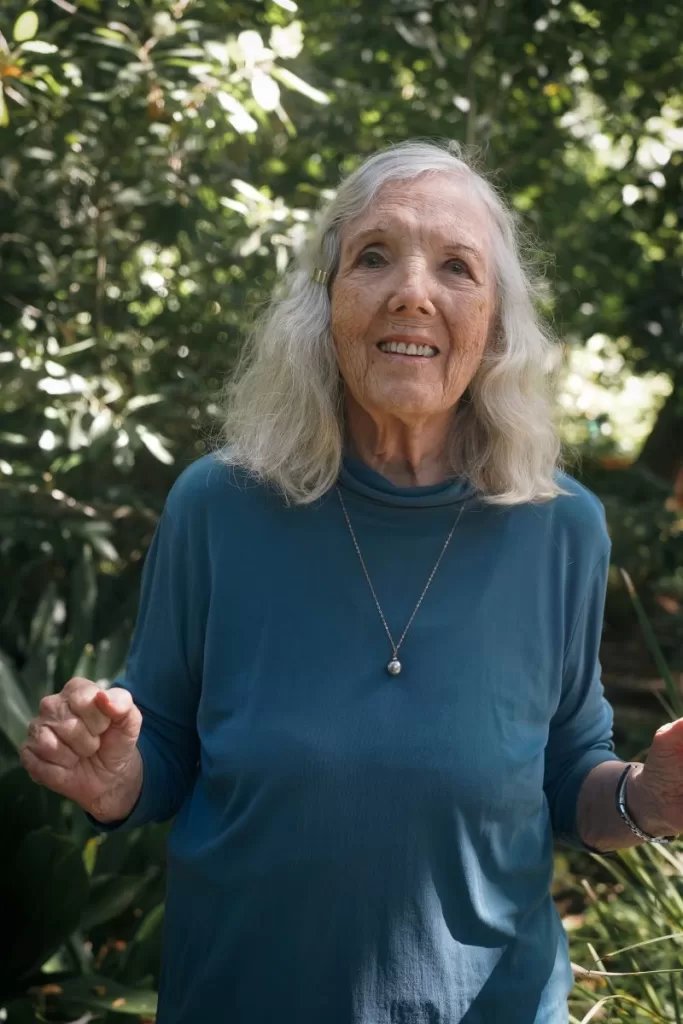
“It’s kind of nice to have somebody ask you about yourself,” said my neighbor, Joan Kufrin.
I had been wanting to know more about Joan—journalist, playwright and author—since the day I first noticed her walking up the windy roads near the state park. I felt a sense that these walks (two miles a day) spark deep contemplation for her. We finally met at a neighbor’s house, over coffee and buttered raisin toast.
“Joan wrote a script you should know about,” the neighbor told me. I was smitten. It just so happened that Joan moved to Topanga Canyon a couple years ago from a city I love dearly, Chicago.
This summer, we reunited for this interview in the living room where we first met. Prior to our chat, Joan and my dear friend and photographer Lauren Purves had just wrapped a portrait session by the koi pond, the three of us cradled in the garden.
I asked Joan how she got into writing.
“I wrote a letter to the editor of the Chicago Daily News,” she shared. “It was a crank letter. I had something on my mind, and I sent it to the editor. “He wrote back and he said, ‘You write well, why don’t you write something for Panorama,’ which was the art section of the Chicago Daily News. My first byline was in the Chicago Daily News, and he kept after me to keep writing stories.”
Joan has interviewed dozens of people over the years, perhaps one of the most meaningful was interviewing her late father-in-law Paul Kufrin, who was a sculptor in Chicago.
“I found that was what I should be doing,” she said. “I’m kind of nosy and I love to find out more about people, what they do.”
“So now the tables are turned,” I said, and we laughed. After working on two book assignments, Joan went on to work for the esteemed ad agency Leo Burnett as their director of communications for ten years. Before departing the agency, she completed her third book, a biography of Leo Burnett.
“After I finished that book, I said, now I’m gonna do what I want to do, write screenplays about ordinary women who do extraordinary things,” Joan said.
The Trial of Jean Gump, which went on to win the Chicago Script Awards, was that screenplay. “Jean Gump was a grandmother who breaks into a nuclear missile silo, damages it and goes to prison for it. The whole idea is that she wants to get rid of nuclear weapons. She hates them, and doesn’t want her grandchildren to lose their futures because of nuclear weapons,” Joan said.
“I’m now at the point where I’m looking for somebody to produce this, this script that keeps getting awards,” she laughed. I find Joan, at 87 years young, to be the most interesting screenplay writer in the industry today.
Joan looks out over at the oaks and recalls the time she was just deciding to write a book, Uncommon Women, and her publisher had set up an interview with Maria Tallchief, considered America’s First Prima Ballerina and the first Native American to hold the title.
“The only time she could meet was at lunch and ate one dollop of cottage cheese.” Joan met her another 12 times to get her tremendous story down. She also interviewed poets Gwendolyn Brooks, Julie Harris, Mary McCarthy, and Mary Lou Williams. Joan’s husband George Kufrin was her co-author, and took the portraits for the book.
“When I came out to California, I thought, maybe I can get my scripts produced, this is the place, this is where it happens,” Joan said. “I’ve had some good results, but I want more — I want it made before I leave the planet. I would like to see The Trial of Jean Gump come to fruition. Putin is, you know, kind of dangling the nuclear saber, getting people nuts. Right now in the United States there are 400 nuclear missiles in our heartland; Montana, North Dakota and Wyoming. I want people to get used to the idea of getting rid of these cursed weapons.”
Jean Gump was 58 when she broke into and disabled a nuclear missile silo to get the world’s attention. She was arrested and consequently her family fractured because of what she did and the attention it brought to them. The judge in Gene’s case famously offered her an opportunity to pay a $424.48 fine for the damages or go to prison for eight years.
“You know what she did? She chose prison.” She served four years of her eight year sentence, and resumed her activism upon release.
Joan was introduced to Jean in 1991 by Louis “Studs” Terkel, Pulitzer Prize writer, historian, actor, and broadcaster, who has interviewed Jean for his book, The Great Divide.
“I got to know her,” Joan told me. “I had written a play about what I thought a scenario like that would do to a family, to see their mother go to prison. And I thought, I better send this to her. She will either say, ‘This is what happened to our family’ or not. So I sent her the stage play and she called me up and said, ‘This is exactly what happened to my family.”
How did you know that?’ I asked.
“I didn’t know it. I just thought about my family, [and] that’s what would’ve happened.”
Half of Jean’s family felt her to be a traitor to not only her kin but her country. After her release, she lived on a farm with her husband. Joan made many trips to see her and work on the screenplay, conducting several interviews with Jean’s husband, and 12 children.
I asked Joan if she was surprised by her screenplay’s warm reception. “I never dreamed it would get awards, and I just keep sending my screenplay off. I hope when I write to people, it opens their eyes a little bit. What I don’t have is people rushing to produce it. It’s very hard to fundraise. I imagine it’s like what politicians do all the time — asking for money.”
Joan is focused on getting it from paper to a screen. “Someone is out there that will want to tell the story.”
Joan is represented by Tani Cohen [email protected]
